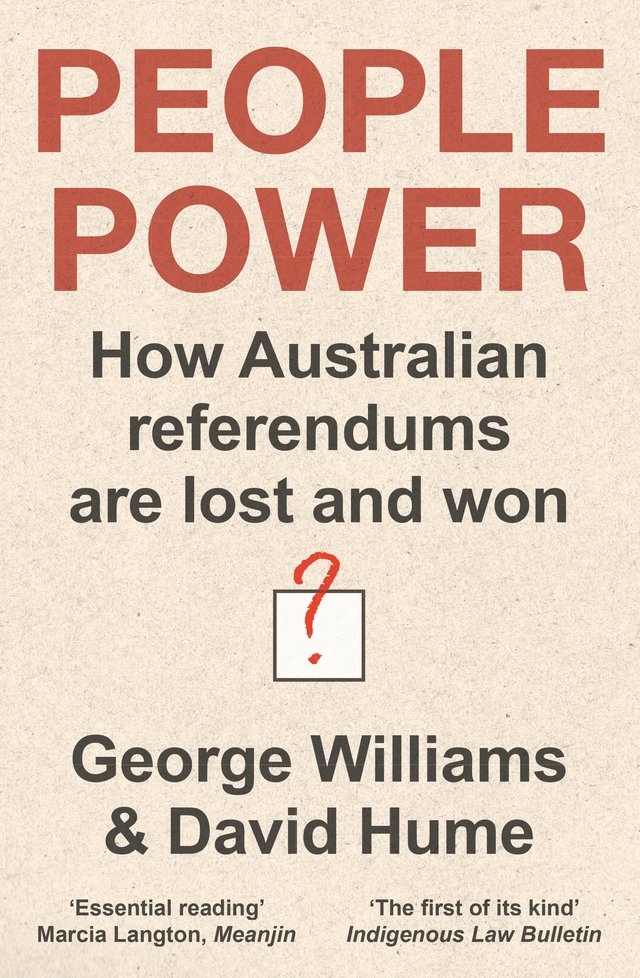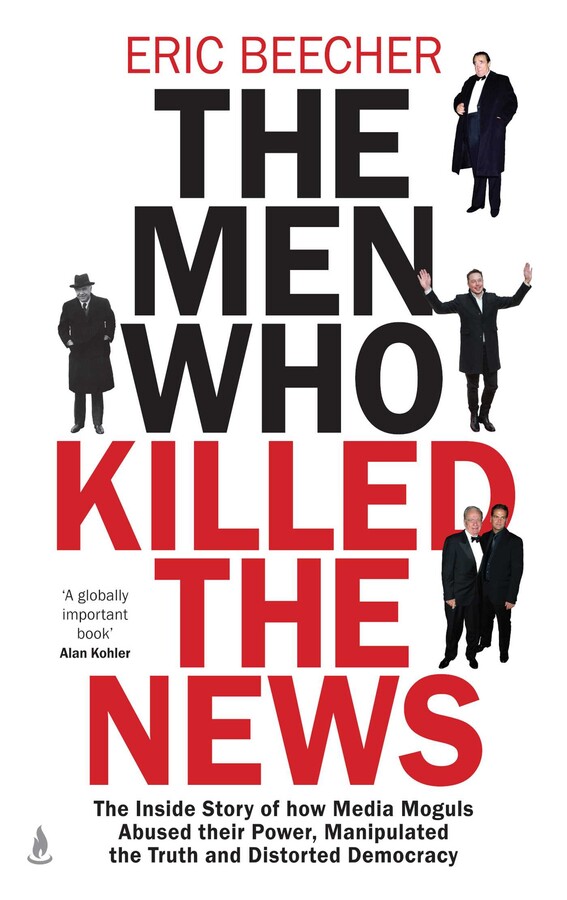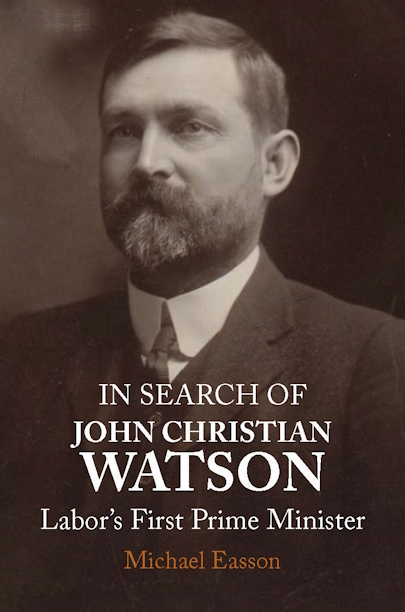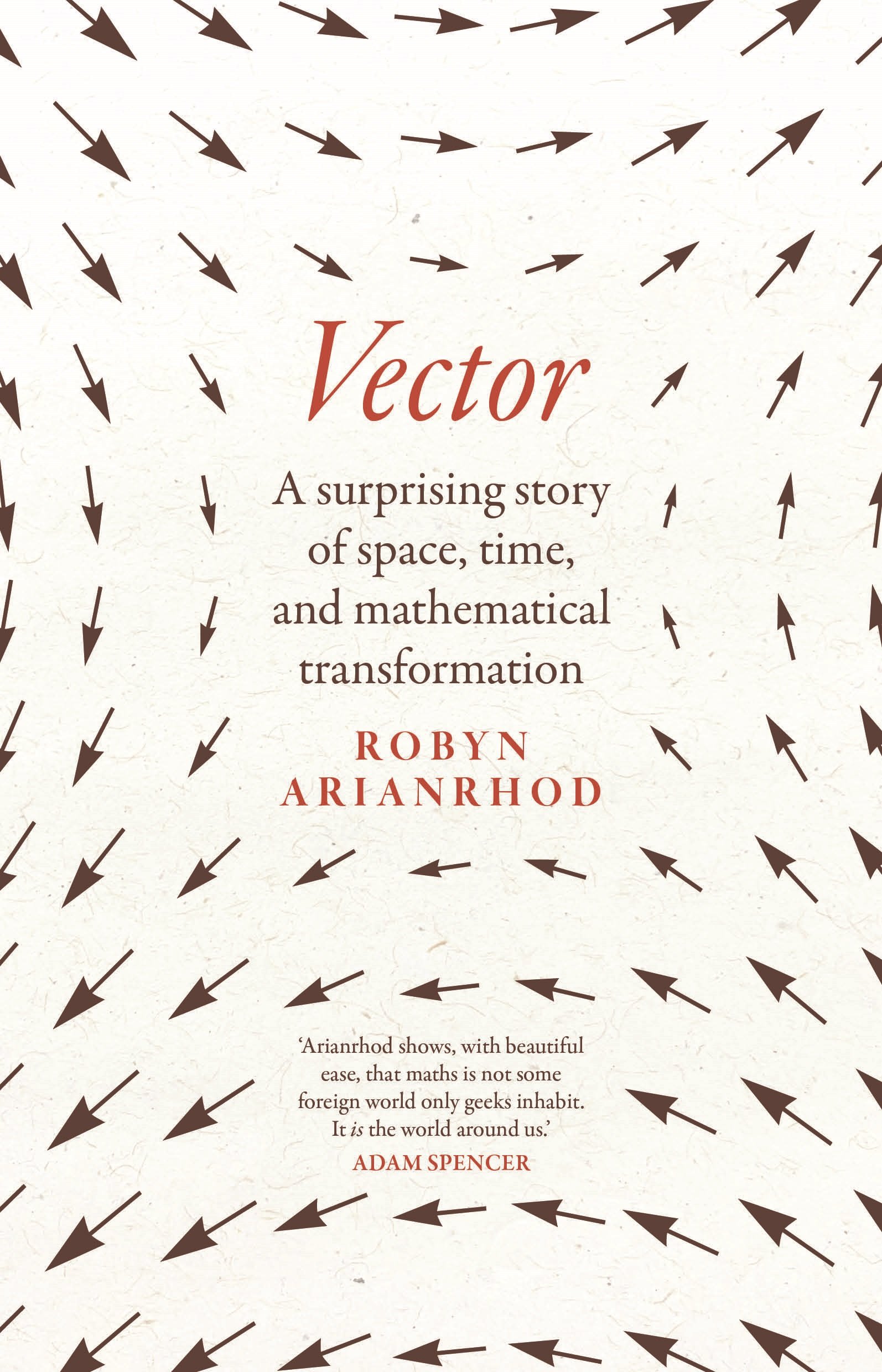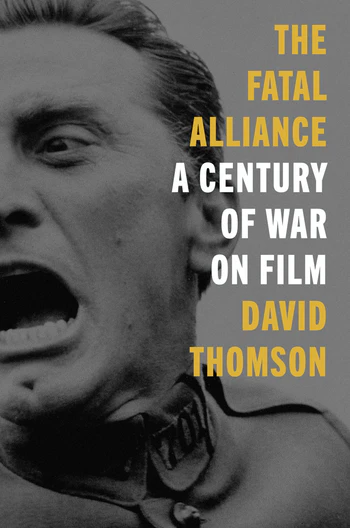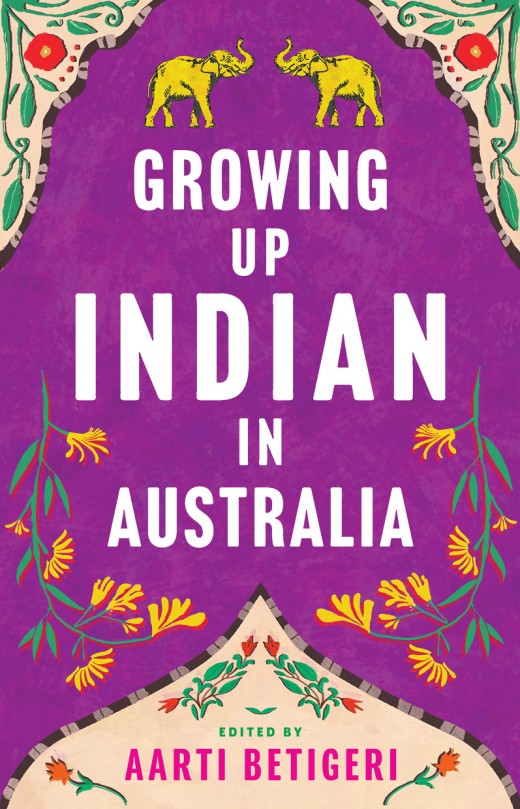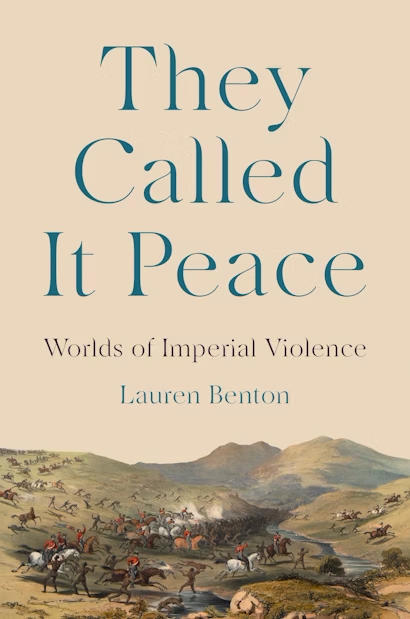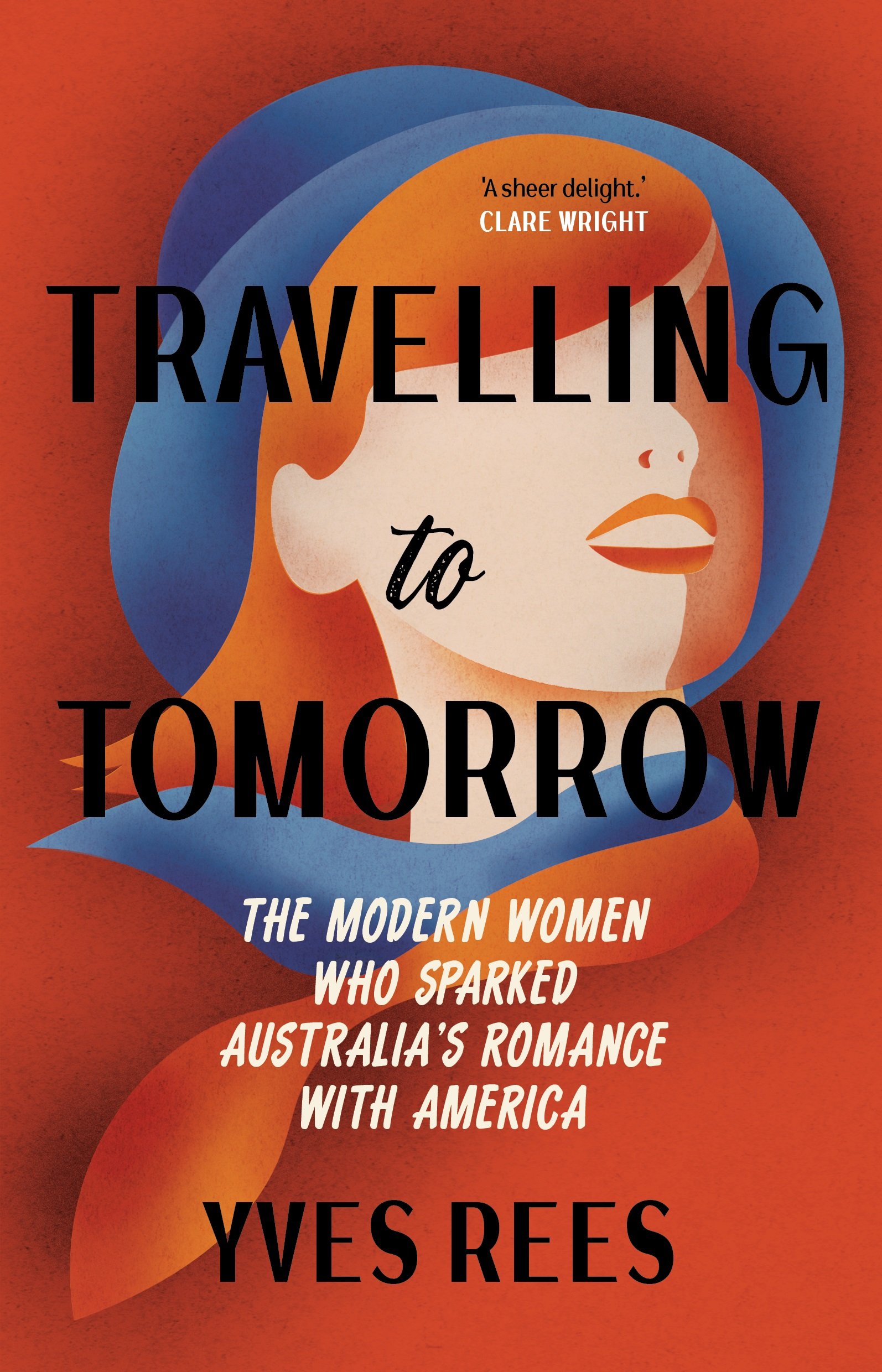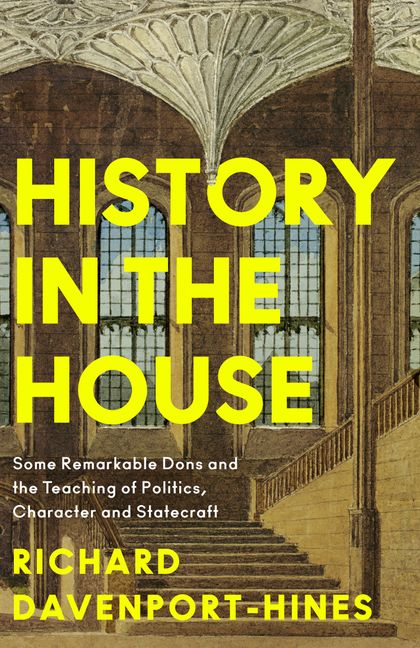Non Fiction
People Power: How Australian referendums are lost and won by George Williams and David Hume
People have peculiar but passionate views about referendums. A large number swear that in 1974 and 1988 the people voted against referendums on the existence of local government. To them, local government is ‘unconstitutional’, so they don’t have to pay their council rates. Members of the same cohort also proclaim that they have a constitutional right to trial by jury for state criminal offences and a right to compensation on just terms if a state compulsorily acquires their land.
... (read more)The Men Who Killed the News: The inside story of how media moguls abused their power, manipulated the truth and distorted democracy by Eric Beecher
Media owners and enablers, autocrats and charlatans, henchmen and underlings, midshipmen and first mates, hangers-on and frenemies populate this book. The Men Who Killed the News is about media moguls over the past 150 years, with the occasional grand-mogul and even anti-media mogul (see Silvio Berlusconi) thrown in.
... (read more)Conversations With The Constitution: Not Just A Piece Of Paper by Greg Craven
The Australian Constitution contains no aspirational statements of national possibility or sweeping vision of collective virtue, but the founders did not intend the Constitution’s meaning to remain fixed. It was to function as a prism of our national self-understanding, and its elaboration and development should aim, in the words of Alfred Deakin, to ‘enable the past to join the future, without undue collision and strife in the present’.
Greg Craven, professor of Government and Constitutional Law at Curtin University, attempts to steer a delicate course: to rescue Australia’s founding document from irrelevance and scorn; and to preserve it from the impatient hands of reformists. Although he is more interested in demonstrating the Constitution’s resilience than in exploring in detail the contours of our constitutional democracy, Craven raises important questions about the legitimate roles of the judiciary and parliament, the future of federalism and the prospects for an Australian republic. He writes with zeal and obvious enthusiasm, and, while his rhetorical extravagance is often distracting, his discussion is never dull.
... (read more)In Search of John Christian Watson: Labor’s first prime minister by Michael Easson
At various times in its history, the Australian Labor Party’s strict insistence that its parliamentarians vote along party lines or face expulsion has caused angst within the party. On the one hand, the practice means that talented party members might be lost to the ALP; on the other, party solidarity is the key to passing legislation and to maintaining cohesion. One of the early architects of Labor’s strict party discipline was J.C. Watson, who was a major figure within the labour movement between 1890 and 1916.
... (read more)Vector: A surprising story of space, time, and mathematical transformation by Robyn Arianrhod
If you ever came across a vector in a high-school science class, it probably looked quite simple: a little arrow you might draw on a diagram to show the motion of a train or the forces on a swinging pendulum. An arrow pointing right would cancel an arrow pointing left, or → + ← = 0. Add together two arrows pointing in the same direction, you get one twice as long: →. A rightward arrow plus an upward one? You’ve got yourself a diagonal: → + ↑ = ↗.
... (read more)The Fatal Alliance: A century of war on film by David Thomson
Film critic’ rather undersells the breadth and depth of David Thomson’s engagement with the medium. A distinguished historian, biographer, novelist, and encyclopedist of film, he has also made documentaries, written screenplays, and been a respected judge on the international film festival circuit. He is widely regarded as the greatest living writer on film. It is fitting, then, that after more than twenty books on cinema he has finally turned his attention to war, a matter whose scope and import across the history of film provides a true match for his gifts.
... (read more)Don’t judge a book by its cover? There is no problem with this book. The cover and artist’s note, declaring inspiration from such diverse art forms as traditional Indian miniature painting, Indian matchbox design, and a ‘harmonious blend of Indian and Australian flora’, encapsulate the intertwining narratives and cultural crossovers of the stories within.
... (read more)They Called It Peace: Worlds of imperial violence by Lauren Benton
The Australian War Memorial (AWM) is unique among the former settler Dominions in our reluctance to acknowledge as warfare violent conquest and dispossession of Indigenous peoples. The national war museums of Canada, New Zealand, and South Africa all contain exhibits dedicated to military conflicts between First Nations and European colonisers, yet the AWM has for decades refused to heed calls for a frontier war gallery at Mount Ainslie. As veteran journalist David Marr noted earlier this year, while the AWM saw fit a decade ago to memorialise explosive detection dogs and their handlers, ‘we haven’t yet found the space in those halls to commemorate the war that is the basis of our country’s existence’. Kim Beazley, appointed in 2023 to chair the Australian War Memorial Council, recently signalled a shift in direction and has promised that the AWM will soon ‘give the Aboriginal population the dignity of resistance’.
... (read more)Travelling to Tomorrow: The modern women who sparked Australia’s romance with America by Yves Rees
Yves Rees’s accessible, entertaining study blends personal experience with rich archival research into a group of disparate women who followed their passion from Australia to the United States at a time when it was relatively easy for a white woman with talent and a few connections to just show up in Hollywood or New York and get to work. They are very different women – a surfer, a dentist, a concert pianist, a nurse, a decorator, an artist, a lawyer, and a writer – all fiercely courageous trailblazers in their own way. Travelling to Tomorrow weaves their stories together in a loosely chronological shape, using deep research to ground Rees’s imagining of these women’s hopes, dreams, achievements, and disappointments.
... (read more)History in the House: Some remarkable dons and the teaching of politics, character and statecraft by Richard Davenport-Hines
In Yes, Prime Minister, Sir Humphrey Appleby spells out the really important things in British life: Radio 3, the countryside, the law, and the universities – both of them. It is an amusing reminder that writing on higher education in the United Kingdom focuses on just a handful of institutions. In History in the House, Richard Davenport-Hines takes this approach much further – to just one discipline in a single Oxford college, Christ Church, known as ‘the House’.
... (read more)

